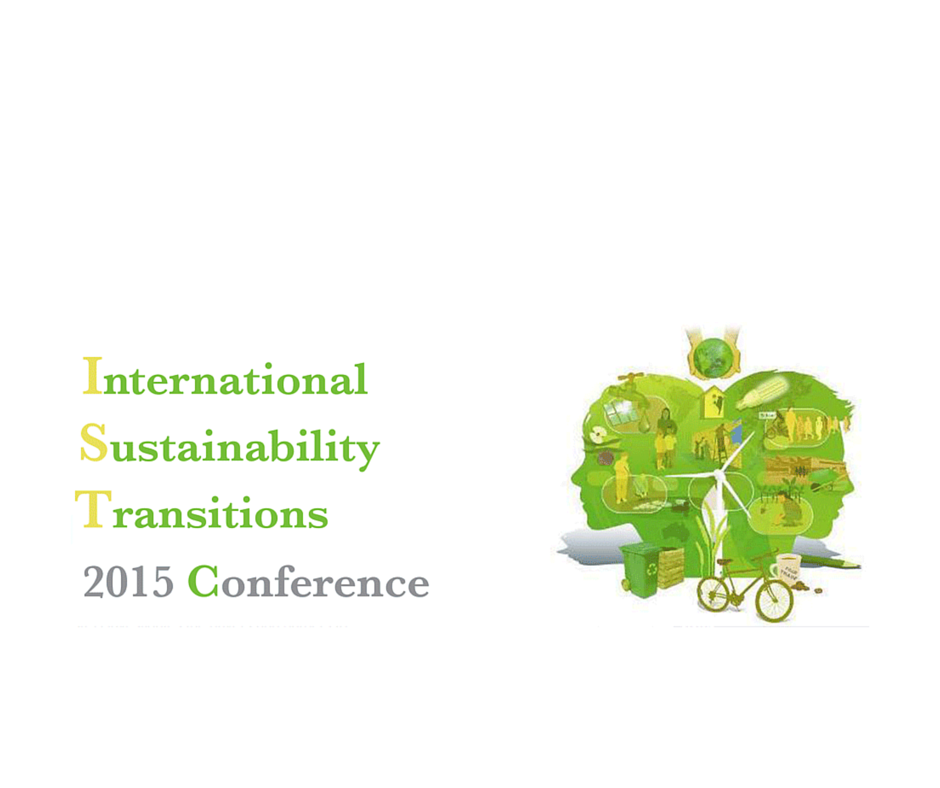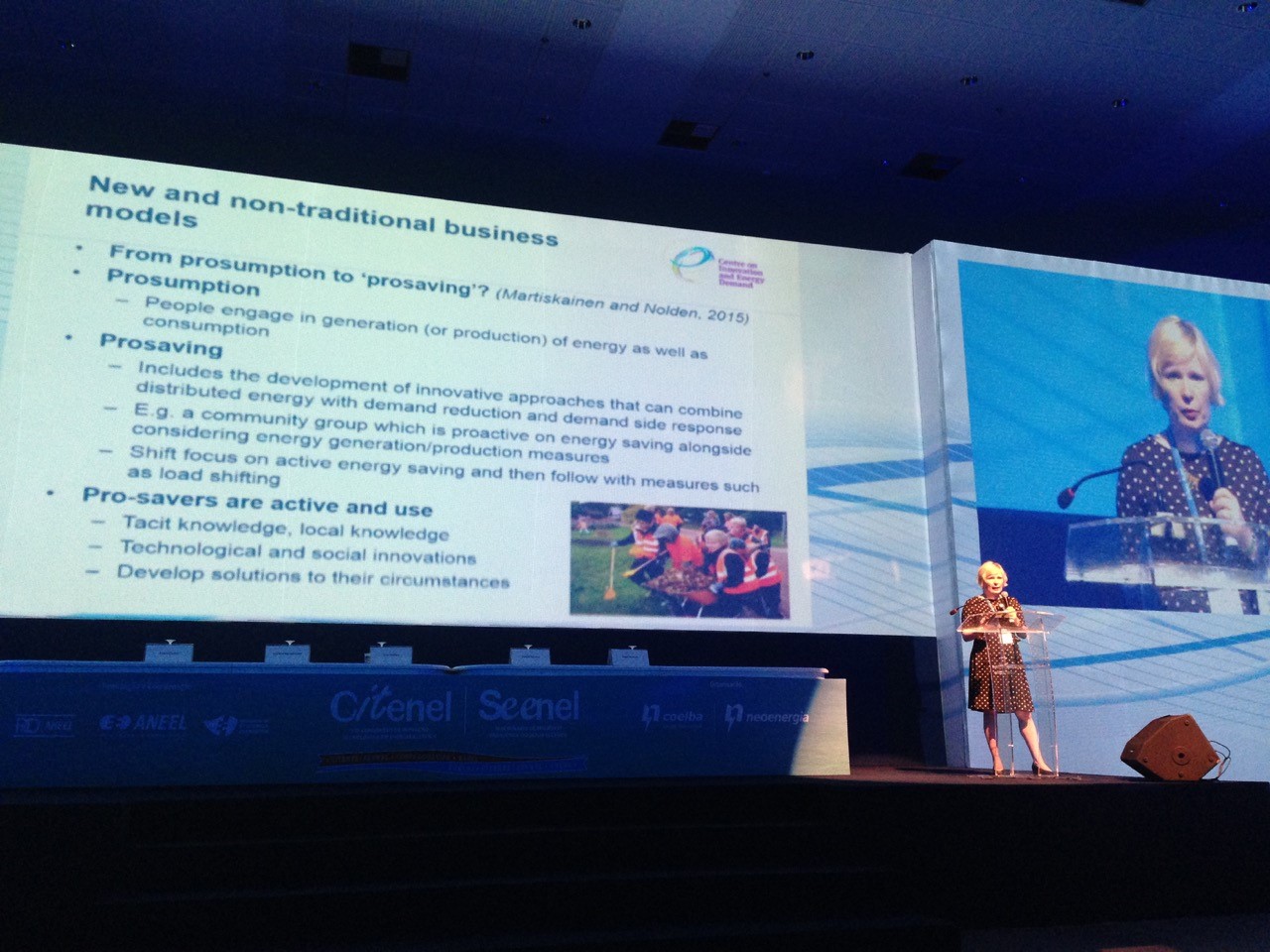A blog post by Nick Gallie on the language of climate science following the Tyndall Assembly 2015
Hopes for a legally binding “hard” international agreement amongst nations attending the 21st COP in Paris in December are fading. A more likely outcome is a “strong symbolic agreement” with a built in review mechanism that would allow the “Paris Treaty” to be revisited and updated on a regular basis. As the prospects for a binding agreement slip away, so does optimism that the world can keep within the so-called 2 degrees of warming “safe Limit” that is the nominal policy objective of the UNFCCC. That limit itself, from a climate science perspective looks increasingly inappropriate. At last week’s Tyndall Assembly – a gathering of climate scientists, policy academics, psychologists, energy industry and UK Government representatives, held at the University of Sussex, the mood was very much that even with a global warming target of 1.5 degrees over pre-industrial temperatures, the world would be pushing its luck.
What language then, would be appropriate to describe the impacts of climate change and their risk of occurrence should the world, as looks increasingly likely, find itself committed to “somewhere between three and five degrees” of warming by the end of the century? Language matters a great deal, because policy and action consequent upon policy are determined by it. Policy is constructed and construed within language; it matters profoundly, for example, whether science advice to policy makers is couched in terms of “danger” or in terms of “adverse or negative consequences”.
Climate science, understandably enough, is concerned with being able to make measurable observations of real world events and quantify probabilities, but policy makers (who are people) and people at large lead their lives in terms of quality, and they respond only to qualitative threats to life as they know it or would have it. Quantity is only of interest as a bearing on quality. We forget this. The “negative impact” that a risk assessment seeks to evaluate is a qualitative event, not a quantity. A 2 degrees of warming notional boundary is set with respect to increasing likelihoods of qualitatively devastating events occurring as the climate changes in response massive energy build-ups within the global atmosphere.
The language of carbon, carbon dioxide, two degrees, mitigation, adaptation, even the term climate change itself, are hopelessly abstract and completely fail to express or capture quality. The focus on a chemical element (carbon) takes the eye off the interests behind the daily decisions that ensure the planet’s energy balance is thrown ever more out of kilter. This is a major reason why ‘climate change” has so significantly failed to engage policy makers and the public at large in the sense of triggering dramatic action and fundamental change necessary to avert a global lock-in to a catastrophic future.
But the linguistic problem, surely the most easy to solve among this problem of problems that constitutes climate change, turns out not to be not so easy at all. The scale – the global framing, the futurity, the imponderability of climate negotiation mechanisms, all these ways of talking about it, drag climate change out of the reach of lives lived now and crucially, out of reach of qualitative affect. Unless of course one’s life is visited by a climate induced event that shatters one’s sense of place in the world. But for the vast majority of us who live in advanced economies, this has not the case.
How about systemic threat? How about the combined effects of crop failure, mass starvation, heat stroke, water stress, economic collapse, endemic conflict, enforced mass migration (refugees or economic migrants?), new pandemics, of which we are witnessing only the tip of the iceberg (to use a very unfortunate metaphor) today? Does it help to take a systems view of climate change impacts if one-off events don’t cut it? But then we are driven to the limit of language to even begin to describe what all this might mean in terms of quality, of suffering, of consequence.
Where is this driving? In the Tyndall Assembly it was noted how the language of climate science and policy is already sliding further and further into the abstract, necessary perhaps to ameliorate the collective failure (not ours, surely) to address the reality unfolding before us; language whose quantity is multiplying exponentially along with the number of aspects and avenues of the problematique that analysis reveals, while its quality is more and more sifted of affective potential. A sliding language that retreats lock step with sliding policy goals and the determination to meet them. We are like the hare, caught in the headlamps of the thing that is bearing down upon us but which we can neither describe nor react to because, like the hare, we don’t have the language for it.
We ask, what can we do right now, we who are dumbstruck in the face our finitude? And the answer is speak . To pull climate change into the present, to bring it down to our size, we have first to make it present in our lives so that it touches and hurts. Take a leaf out of Chris Rapley’s book (subject of a brilliant Royal Court Theatre performance earlier this year) 2071, The world we will leave our grandchildren, or go for a walk among wildflowers and chase butterflies whose fate is already sealed – and weep. Our first duty is to make this thing real in our own lives, by whatever means, and then from that feeling, from that realisation of quality – act within our own spheres of influence, limited though these most certainly are. Action has a strange quality. In the presentness of action, boundaries dissolve and the nature of what is possible opens up. Anyone who has taken “political” action will tell you this is true.
Did I say something inappropriate. A slip of the tongue, surely? Does feeling really have a place in an academic science policy forum? This was the subject of a debate in the University of Sussex’s Politics of Nature forum that ran simultaneously with the Tyndall Assembly. A great pity there was no cross over between the events. Without feeling, the forum mused, how are the people to rise up – us in whose name the world is being consigned to oblivion.
Nick Gallie is a Doctoral Researcher (PhD Candidate) at the Science Policy Research Unit (SPRU), Sussex University
 Born and Educated in Scotland, Nick attained an MA Hons in Economic Science from the University of Aberdeen in 1970 before moving to London and taking up a career in advertising, new product development and organisational communications. During the ’80s and ’90s Nick worked at Greenpeace in the UK, first as fundraiser then Creative Director, Campaigns and Communications Director and finally Logistics (Direct Action) Director. In 2000 He set up a consultancy specializing in campaign and communications design before returning to academia in 2010 to study Human Rights and Science Policy. Nick enjoys hill walking and horse riding and both practicing and studying tai chi and meditation. Nick tweets at @nickgtweet
Born and Educated in Scotland, Nick attained an MA Hons in Economic Science from the University of Aberdeen in 1970 before moving to London and taking up a career in advertising, new product development and organisational communications. During the ’80s and ’90s Nick worked at Greenpeace in the UK, first as fundraiser then Creative Director, Campaigns and Communications Director and finally Logistics (Direct Action) Director. In 2000 He set up a consultancy specializing in campaign and communications design before returning to academia in 2010 to study Human Rights and Science Policy. Nick enjoys hill walking and horse riding and both practicing and studying tai chi and meditation. Nick tweets at @nickgtweet















